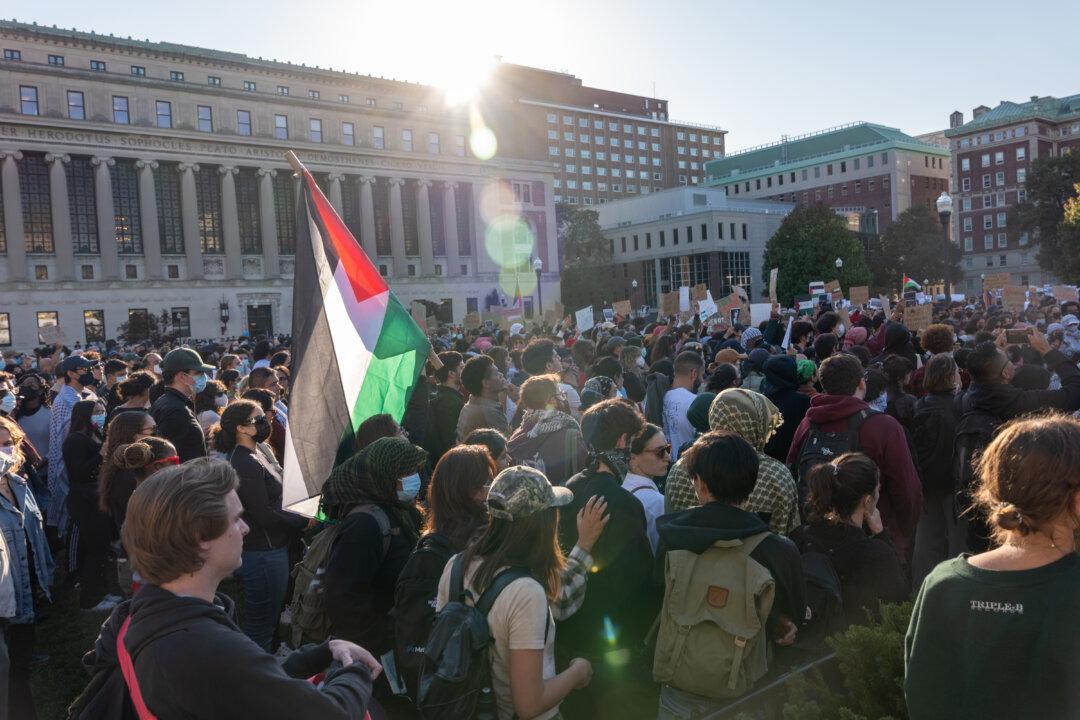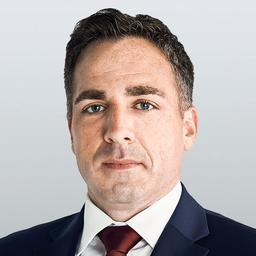Alexander Hamilton Society (AHS) executive director Gabriel Scheinmann is underwhelmed by the manner in which many colleges and universities in the United States have responded to on-campus discourse following the Oct. 7 Hamas terrorist organization’s attack on Israel.
Dozens of college and university student groups have held protests and expressed their support of Palestine after Hamas gunmen breached the Gaza–Israel barrier and carried out brutal killings and extensive kidnappings of Israelis. Some campus activists have issued statements blaming the Israeli side for all of the violence between Israel and Hamas. Pro-Palestinian student groups have also been accused of glorifying Hamas by including imagery and references to the Oct. 7 attack on promotional materials, and cheering what they called the “historic win” that was the attack.






